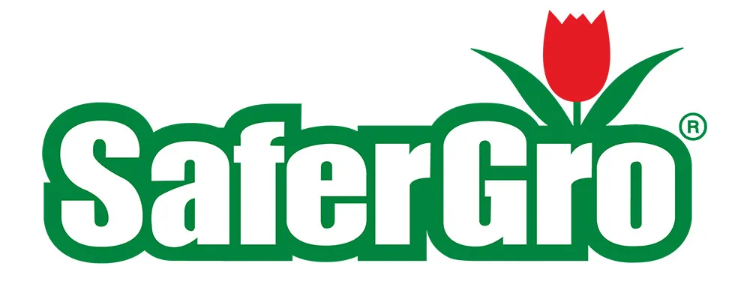Common Gardening Terms to Know!
As a beginner, there’s a lot of gardening information to process. There are specific terms that come with gardening, and it can all start to mesh. Don’t let this overwhelm you! Here’s a list of terms to familiarize yourself with, as a beginner gardener.
ANNUAL PLANTS: plants that complete their growing cycle, from germination to completed growth, in one year.

BENEFICIAL INSECTS: insects that provide a beneficial role to your garden. These insects may pollinate or eat pests. For more information, you can click here for a list of common beneficial insects.
BIANNUAL PLANTS: plants that complete their growing cycle, from germination to completed growth, in two years.

COMPANION PLANTING: arranging specific plants together to benefit each other. We have our guide that you can click here to learn more!

COMPOST: homemade fertilizer that uses organic matter. Click here for our post dedicated to compost and mulch.

DROUGHT TOLERANT: plants that can survive with low water intake and thrive in drought-like environments.

FROST TOLERANT: plants that can survive in cold weather or frost. This applies to certain plants that are best planted during the winter season.
FROST SENSITIVE: plants that can’t survive frost conditions, which can result in frost damage or die in extreme temperatures.

HEAT TOLERANT: plants that can survive during hot weather conditions.
INTEGRATED PEST MANAGEMENT (IPM): gardening approach that utilizes organic, sustainable practices in order to minimize health and environmental issues. Its goal is to find an all-natural approach before resorting to chemical products/methods.
MICRONUTRIENTS: nutrients that are found in compost and organic matter that are essential for plant growth. These elements include boron, chlorine, copper, iron, manganese, molybdenum, and zinc.

MULCH: organic matter that’s used to cover the soil’s surface to provide moisture. For more information, click here!

NATIVE: plants that naturally grow in a specific region. You can learn more about California native plants by clicking here.
NPK: an abbreviation for 3 essential macronutrients that are commonly found in fertilizers. The three elements are nitrogen, phosphorus, and potassium.

PERRENIAL: plants that complete their growing cycle, from germination to completed growth, in over two years.
PH: a scale from 0-14 that breaks down the water or soil level: acidic, basic, or neutral. This provides insight into the nutrients available to plants and microorganisms' activity in the soil.

POLLINATOR: an organism that moves pollen from one plant to another.

PRUNE/PRUNING: removing specific plant parts for gardening and/or landscape purposes. These plant parts include branches, buds, or flowers!

TRANSPLANT/TRANSPLANTING: transferring a growing plant to a different space (container, plant bed, garden, etc.).
This list might scare off some, but it’s important to have a general idea of what each term means. Some of these terms can help your garden. Bookmark this blog for reference!
Share
